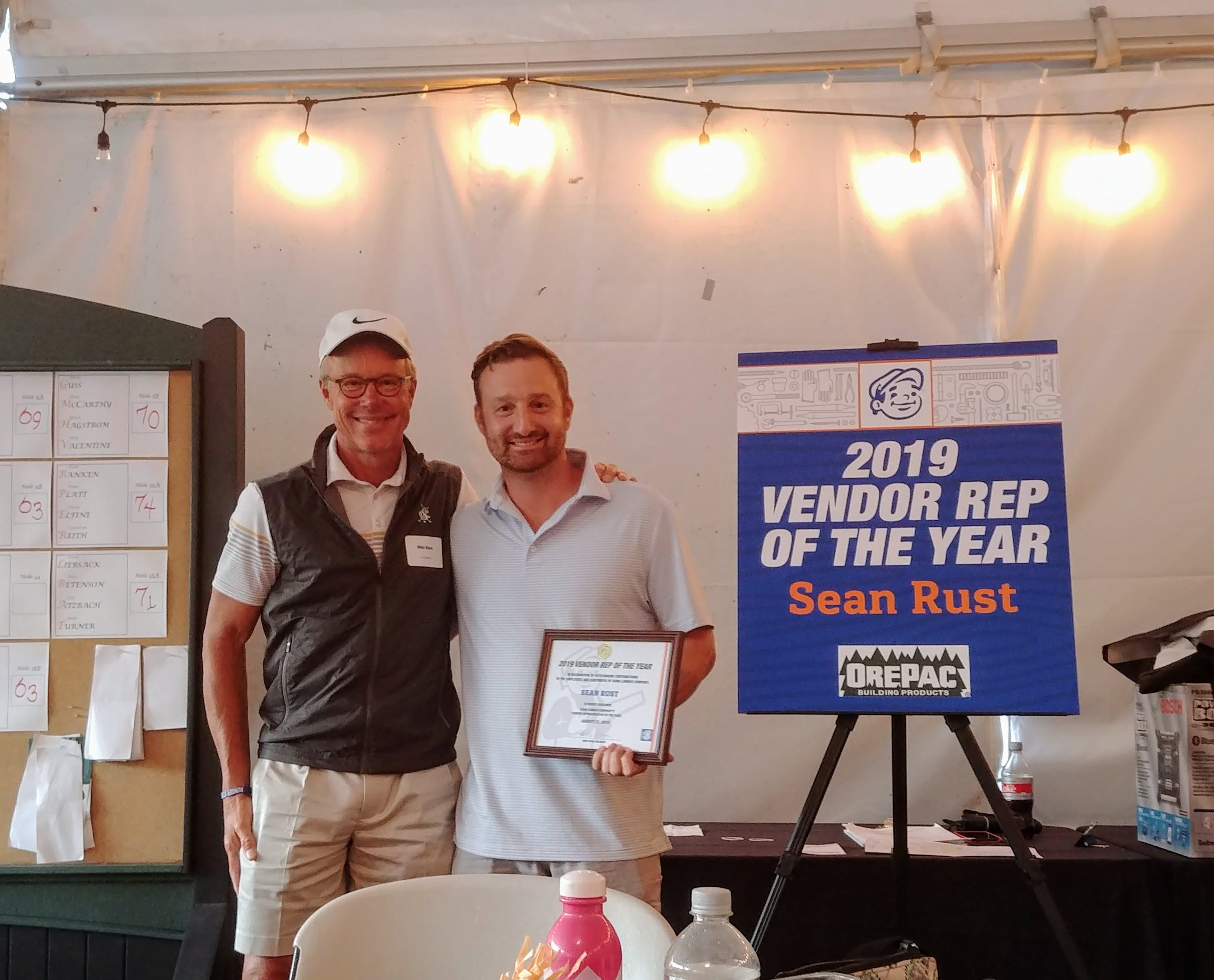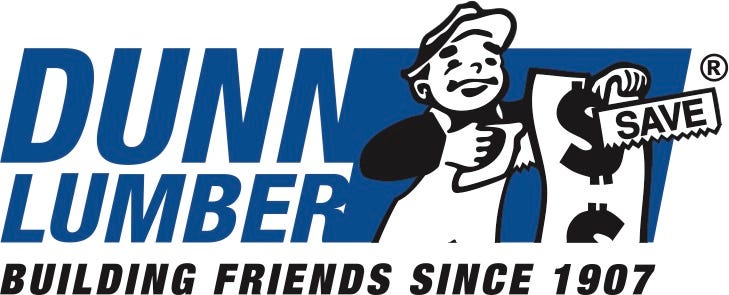
"In this article, we'll touch on some of the components necessary to have a successful supplier/customer relationship in our industry."
Whenever the opportunity presents itself, I like to take time to highlight the value of Dunn Lumber’s supplier partners. While on some level our customers know we have material suppliers, they are unlikely to know how the quality of these relationships can impact their experiences with Dunn Lumber over time. In the article below, we will touch on some of the components necessary to have a successful supplier/customer relationship in our industry.
Seeking win-win
The first area of focus for us is to seek win-win relationships. I have come to believe that it takes significant effort to actually do this, as opposed to just talk about it. When your goal is win-win, you must consider the needs of your supplier partners: what works well with their systems, how they prefer to go to market, etc. At times, potential suppliers come to us ready to overcommit. While this is appreciated, we would rather they underpromise and overdeliver. Unrealistic goals will hurt both of us in the long run.

Consistency and efficiency
A long-term relationship is almost a must if you want to develop consistency and efficient processes. In our business, our customers count on us to manage quality for them. This is hard enough on our best day, but imagine how challenging it would be if we were constantly changing suppliers. The same goes for increased efficiencies. Having consistent sources of supply allows us both to work towards continual improvements that benefit everyone, including our customers.
Having a long-term perspective
This one takes some courage, but with a high level of mutual trust, everyone sleeps better at night. I am sure at times this is harder for some of our suppliers than it is for us. If a supplier rep comes in trying to accomplish some very short-term, profit-oriented goals, it may lead to hesitation to make the necessary investment up front. This is where having that long-term vision can really make a difference. Unfortunately, sometimes reps have “marching orders” from upper management that end a potentially lucrative relationship before it ever gets off the ground.

The role that values play
Having a significant overlap of company values goes a long way towards having a successful long-term partnership. We can all list values that are important to us in our personal relationships; many of those also translate well when working with our business partners. For our company, a serious misalignment in this area will slowly erode the relationship and likely force us to part ways at some point in the future.
Navigating challenges
As much as we all try to avoid them, challenges inevitably come up along the way. Some are small and easily remedied, others not so much. Sometimes they require a high level of care and diplomacy just to properly investigate and gather all the facts. Skill and patience are your friend when working in this area. It makes a huge difference when both parties feel that “doing the right thing” is of high importance. Doing the right thing can sometimes involve a significant financial contribution toward the solution, and as painful at it can be, it is important to not let your pocketbook keep you from executing the right fix. Reminding yourself of your long-term vision can bring a sense of calm during these stressful times.

Community support
A serendipitous result of great partnerships is the opportunity to work together on philanthropic initiatives that benefit the communities we work in. While this is likely more the exception than the norm with supplier partners, it is wonderful when you arrive at this point. Getting there requires the intersection of a long-term partnership with similar company values. When both parties seek a win-win relationship, the resulting mutual success allows for these additional investments in our communities.

We hope this article provides some additional insight on what goes into developing solid supplier relationships and the role they play in supporting our customers. For more information on supplier interaction, check our article on handling customer concerns.



